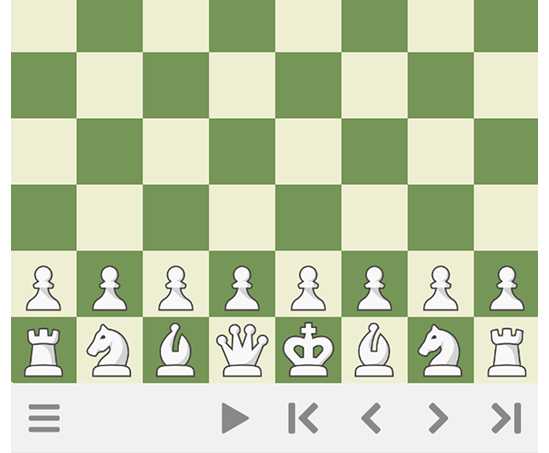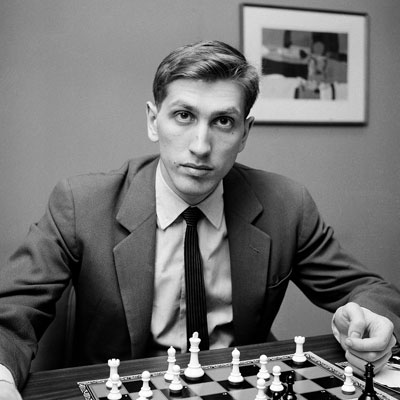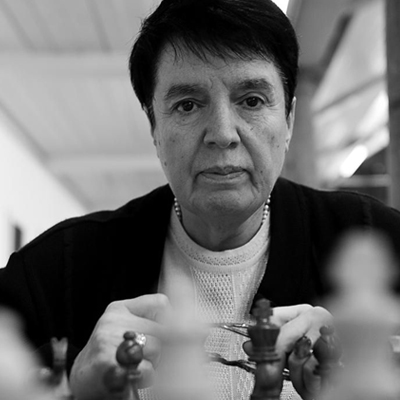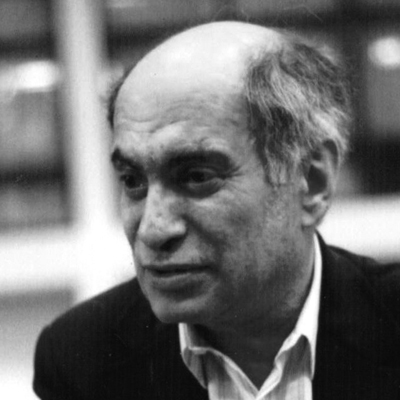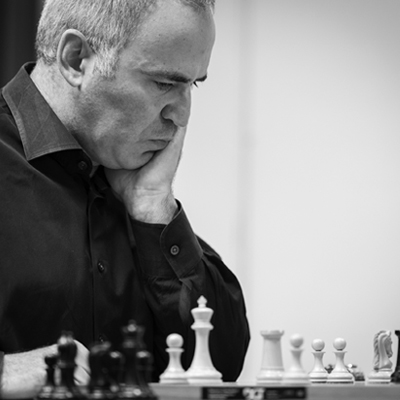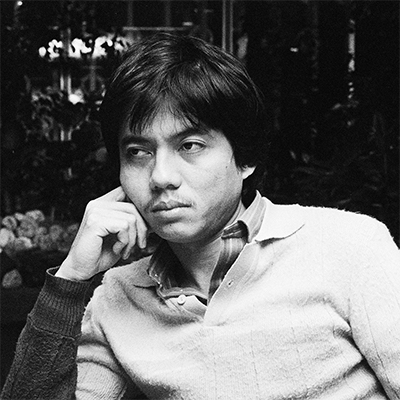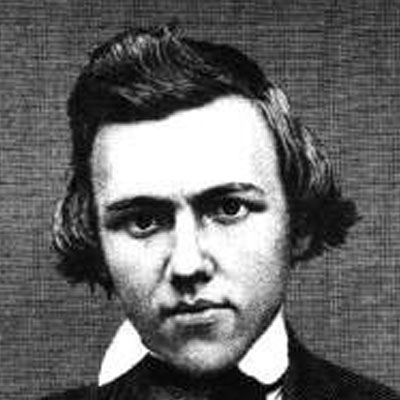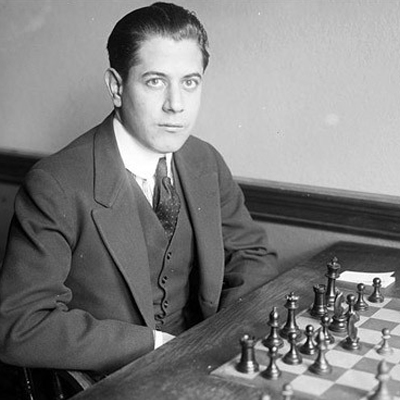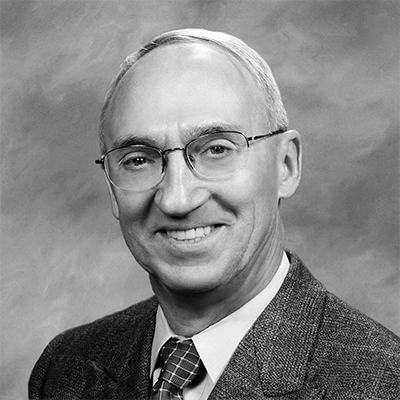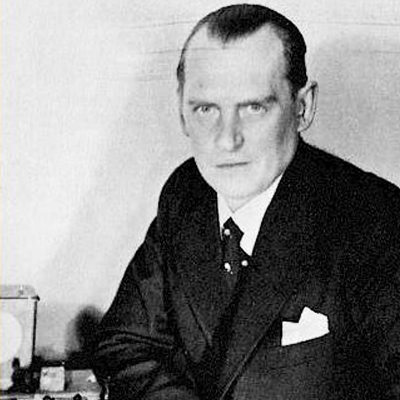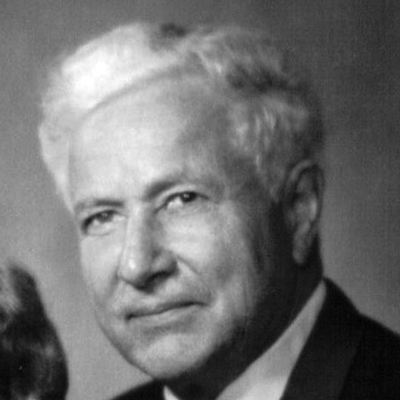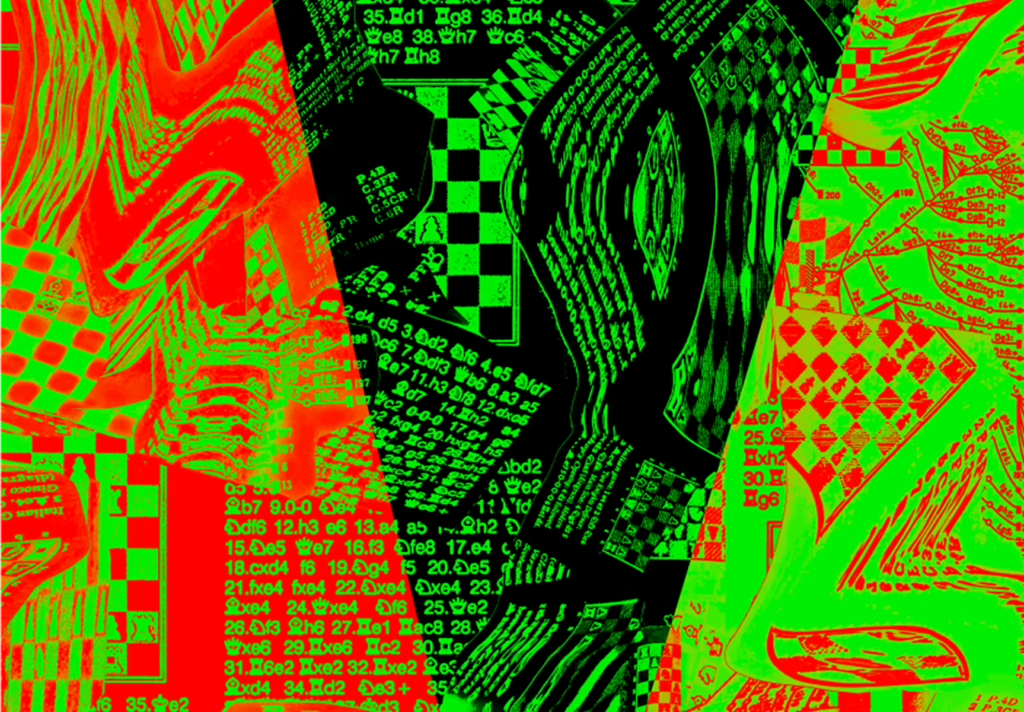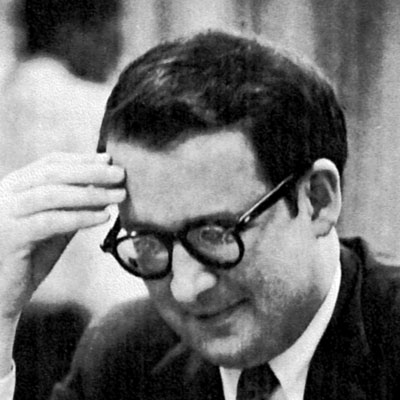
US Hall of Fame
Donald Byrne
Inducted 2003 1930 - 1976

United States of America
Biography
Along with his brother, fellow Hall of Fame inductee Robert, Donald Byrne was a member of the “Collins Kids,” who, under the tutelage of John W. (Jack) Collins, traveled around the world participating in international competitions. Although he is well-remembered for his 1956 loss to a 13-year-old Bobby Fischer in “The Game of the Century,” Donald’s aggressive, no-draw style made him a force on the international chess scene during the 1950s and 1960s, and he was consistently ranked by the USCF as one of the top ten players in the country. He won the 1953 U.S. Open, defeated Soviet champion Yuri Averbakh in a 1954 team match, and won a brilliancy prize against Efim Geller in the 1955 return match. After being awarded the International Master title by FIDE in 1962, Byrne participated as a player or captain in the five Olympiads between 1962 and 1972. Throughout his career, he beat or drew world champions Vasily Smyslov, Bobby Fischer, Tigran Petrosian, and Mikhail Tal.
In 1961, Byrne accepted a position at Penn State University, where he was an associate professor of English and coach of the varsity chess team, believed to be the first in the country. He remained at Penn State until 1976, when he passed away due to complications from Lupus. Aside from his chess talent, Byrne’s sense of humor and good will made him a popular opponent and a beloved coach.
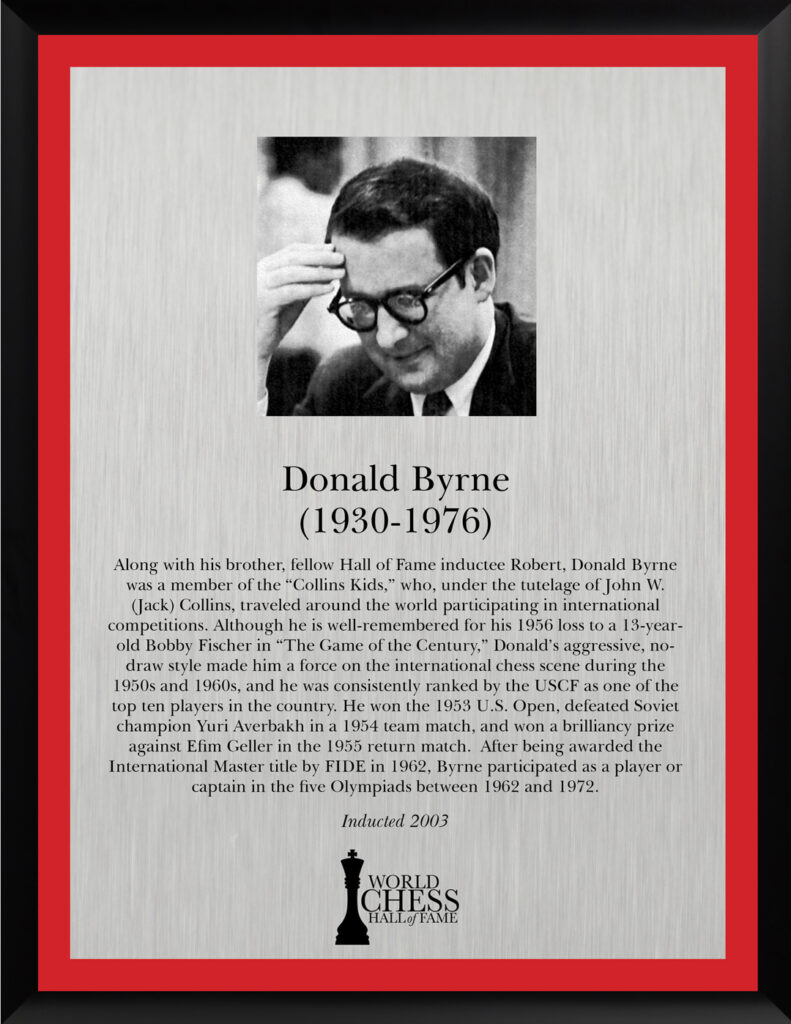
Notable Games
